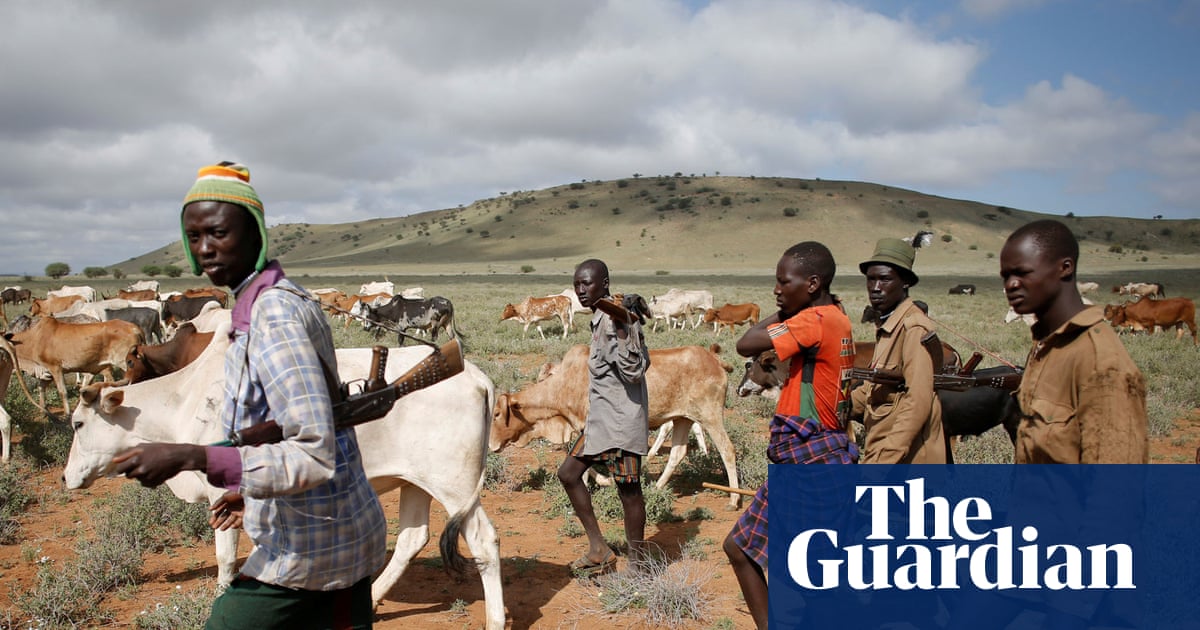
"A collaboration between African and American researchers and a community living in one of the most hostile landscapes of northern Kenya has uncovered key genetic adaptations that explain how pastoralist people have been able to thrive in the region. Underlying the population's abilities to live in Turkana, a place defined by extreme heat, water scarcity and limited vegetation, has been hundreds of years of natural selection, according to a study published in Science."
"It was conducted through the Turkana Health and Genomics Project (THGP), an initiative bringing together researchers from Kenya and the US, including Kemri, the Turkana Basin Institute (TBI), Vanderbilt University in Tennessee and the University of California, Berkeley. The genomic analysis found eight regions of DNA that had undergone natural selection but one gene, STC1, expressed in the kidneys, showed exceptionally strong evidence of humans adapting to extreme environments."
Turkana populations display genetic adaptations shaped by centuries of natural selection that enable survival in extreme heat, water scarcity and sparse vegetation. A total of 367 whole genomes were sequenced and more than 7 million genetic variants analyzed, revealing eight genomic regions under positive selection. One kidney-expressed gene, STC1, showed exceptionally strong signatures of adaptation related to dehydration response and metabolism of purine-rich foods such as meat and blood. The data derive from the Turkana Health and Genomics Project, a collaboration linking Kenyan and US institutions. Findings highlight the genomic value of including underrepresented Indigenous sub-Saharan African populations.
Read at www.theguardian.com
Unable to calculate read time
Collection
[
|
...
]